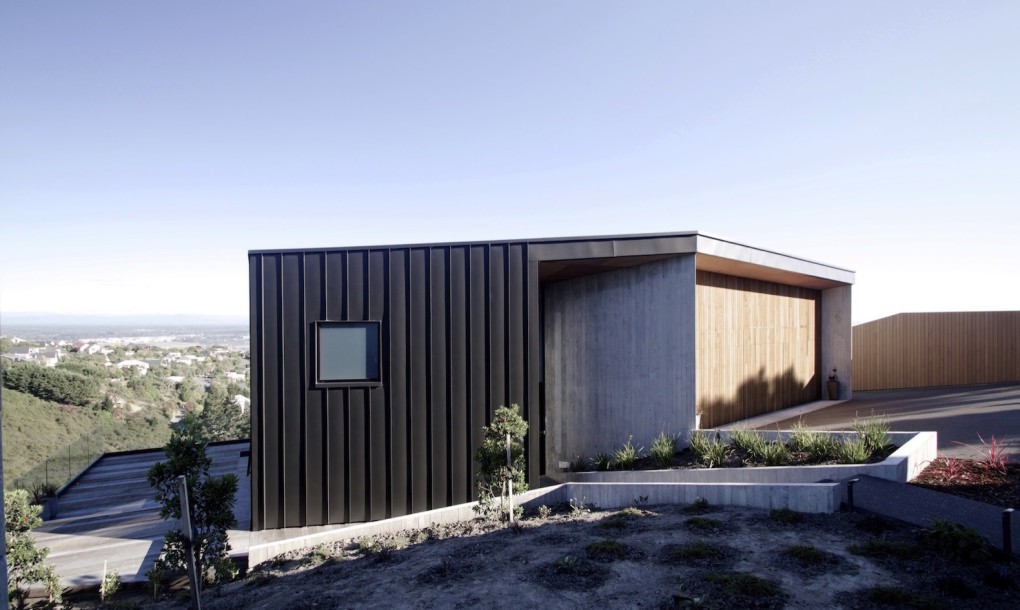In our modern world, we often face natural or human-made disasters. So, it becomes even more vital for seniors who live alone to stay safe and ready at home. Memory care facilities can provide full support for older adults facing cognitive issues, but not all elders need this type of specialized help.
If they’re living on their own, making sure their homes are disaster-resistant is key to maintaining safety and well-being. In this piece, we’ll explore the top ways that elderly folks can safeguard both themselves and their houses from different emergencies.
Establishing a Robust Emergency Plan
The first thing seniors need for disaster-proofing is a strong emergency plan. They should identify potential dangers in their locale, like floods or blackouts. A handy list of contacts, family, friends, and local help services, needs to be at the ready just in case.
An evacuation strategy is also key if leaving home becomes necessary. This includes knowing safe routes out and an agreed meeting spot outside. Regular practice drills are essential, too, so that escape can happen fast without any trouble when needed.
Securing the Home Environment
Another key part of disaster-proofing is making the home safe. Check and fortify weak spots like doors, windows, or roofs that could fail in a crisis scenario. Smoke detectors are must-haves, along with carbon monoxide alarms; make sure they’re tested often.
It’s also wise to fix heavy furniture and appliances securely so earthquakes won’t tip them over. Keeping spaces tidy with clear walkways can cut down on fall risks during emergencies.
Stocking Up on Essential Supplies
Getting ready for disasters includes stocking up on crucial items. Seniors should have a stash of canned food, water, and medical needs — enough to last at least one week. Other helpful things are flashlights, spare batteries, and the old-school manual can opener.
A battery-run or hand-cranked radio is also handy in power outages. Staying informed matters, too. Remember, keep all these supplies somewhere easy to reach during emergencies.
Staying Informed and Connected
Finally, for seniors living solo, knowledge is power, and communication really counts. They need a trusted way to get alerts fast. Weather radios or alert apps can do the job.
Regular chats with family members, friends, and even neighbors add an extra layer of support. Seniors might also want to join local community groups that focus on disaster readiness. They’re great sources of information and help.
Conclusion
To wrap things up, dealing with potential disasters might feel overwhelming for seniors living by themselves. But they can take action to keep safe and calm. By making a solid emergency plan, strengthening their home’s security features, keeping essentials stocked up at all times, staying informed about hazards, and maintaining good connections, they’ll be better prepared against any emergencies that may come.

Leave a Reply